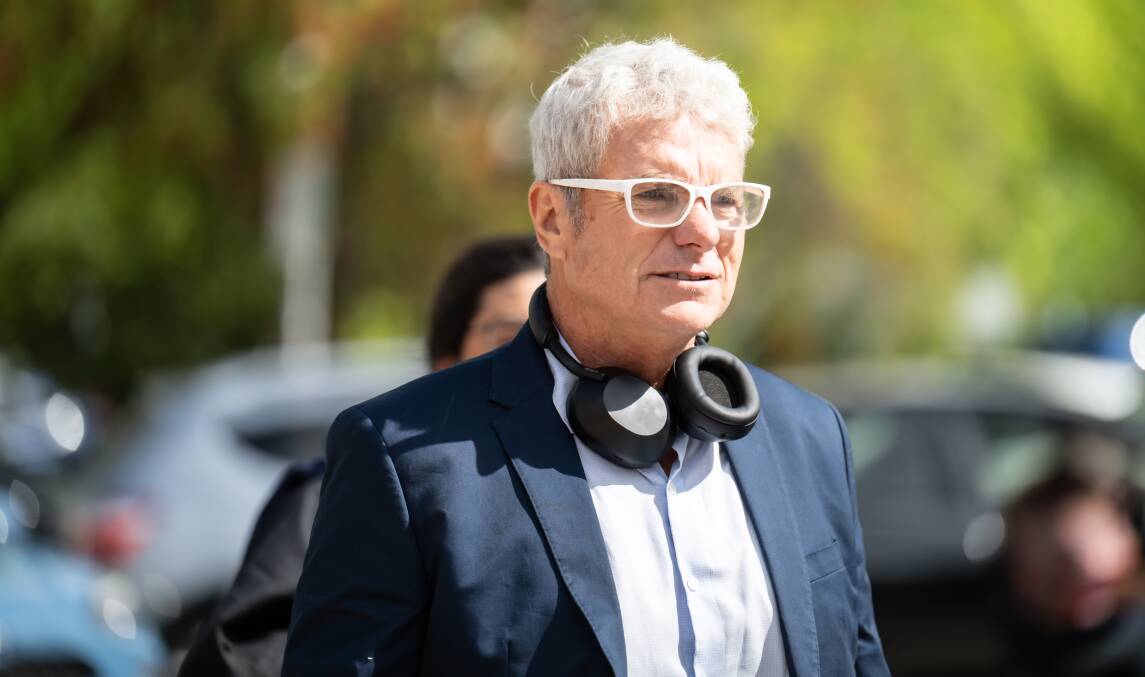A heavily redacted judgment has revealed some details about classified documents a military whistleblower leaked to journalists, and sought to use as defence in a now vacated trial.
David William McBride was set to face an ACT Supreme Court jury trial last month, but pleaded guilty after the court ruled the classified documents were protected via public interest immunity and could not be used as evidence.
Lawyers for McBride said this decision, coupled with a pretrial ruling on jury directions, resulted in a "fatal blow" requiring McBride to plead guilty to three charges.
McBride attempted to lodge an appeal of this decision, but it was refused.

The charges relate to the theft and disclosure to journalists of classified documents, which detailed alleged misconduct by Australian troops in Afghanistan.
The defence had sought to argue that McBride had leaked the information in the public interest to address what he viewed as the over-investigation of troops over alleged war crimes.
A later inquiry uncovered credible information of 23 incidents of potential war crimes, which involved the killing of 39 Afghans and cruel treatment of two more between 2005 and 2016.
The report found 25 soldiers were perpetrators or accessories - some on a single occasion and some on multiple.
In a judgment published on Thursday, Justice David Mossop said eight classified documents were not admissible.
While much of the information in the judgment is redacted, scant details remain.
Some of the classified documents related to efforts to capture Sergeant Hekmatullah, an Afghan National Army soldier alleged to have murdered three and wounded two Australian soldiers.
Another document, detailed a complaint about events on April 28, 2013.
It is described as "the incident where the dead insurgent's hands were removed in order to identify whether any one of them were a key bomb-maker who had likely caused or contributed to the deaths of a number of Australian soldiers".
Justice Mossop said the document could not be used as "Australia has an agreement with the [redacted] concerning the sharing of security information".
"This includes an obligation to protect and safeguard information of the other party and not disclose it without the other party's consent."
Justice Mossop stated this particular document fell into a "speculative category rather than any category which could be more definitely seen as assisting the accused in his defence".
The court also relied on confidential affidavits from Office of National Intelligence Assistant Director-General Susan Littlehales, and Department of Defence deputy secretary for strategy, policy and industry Hugh Jeffrey.
The author of a third affidavit from a "Commonwealth agency head" was not disclosed.
"The rulings that I have made are obviously influenced by my assessment of the lack of significant utility of the documents for the purposes of the accused's defence of the proceedings," Justice Mossop stated.
McBride is set to face the start of his sentencing proceedings next year.







